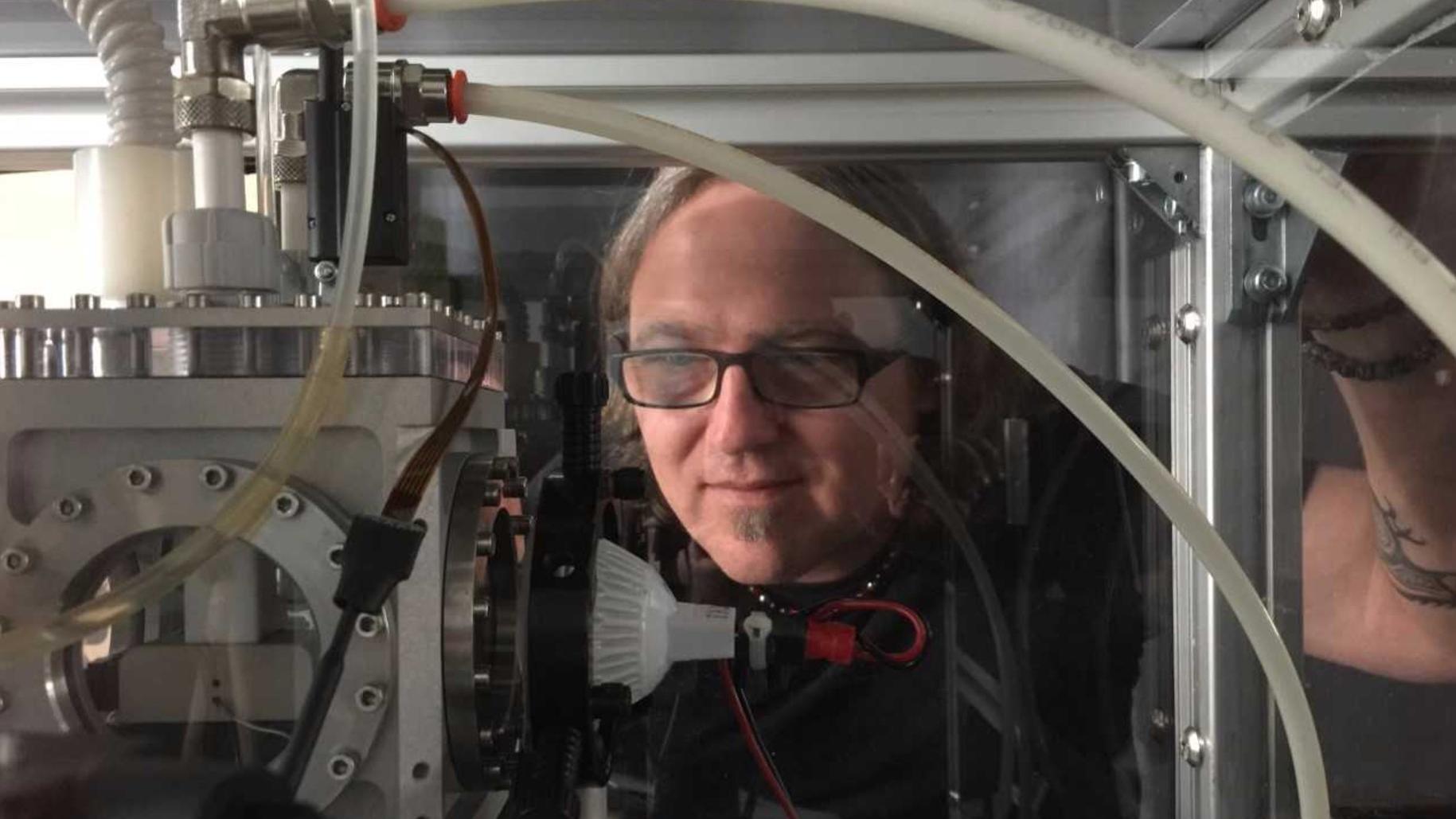Dr. Tony Robinson, a professor of Mechanical and Manufacturing engineering at Trinity College Dublin and researcher at Trinitys Connect centre is part of a team of scientists and engineers who advise and guide the European Space Agency. Dr. Robinson was conducting zero gravity experiments on the European Space Station’s ‘Vomit Comet’ as part of his work for the European Space Agency.
The experiments involved investigating how water evaporates in space and testing the potential of steam to power the next generation of spacecraft. The use of steam as a method of propulsion is currently being researched due to the potential of water found on other planets being used to refuel during interplanetary missions.
The Zero Gravity ‘Vomit Comet’ used in the experiment, is an especially adapted fixed wing aircraft mainly used to train astronauts on how to cope in zero gravity or scientific research. The interior includes padded walls and a wide range of high level scientific instrumentation.
The aircraft induces weightlessness by rising from 24000 feet to 32000 feet at an 45 degree angle above the Atlantic. Once it levels off the passengers experience weightlessness similar to that in space. The zero gravity lasts for approximately twenty five seconds. The aircraft levels off completing the parabolic trajectory thus ending one of the cycles.
The name ‘Vomit Comet’ was coined because of its tendency to produce nausea in its passengers. Dr. Robinson experienced 30 of these intervals over the course of the experiment and was given a scopolamine injection to fight the nausea.
Preliminary designs hope to heat the water using onboard solar panels. Once converted, the pressurised steam can be released to propel the spacecraft. The outcome of his research could potentially be used on board the International Space Station.







